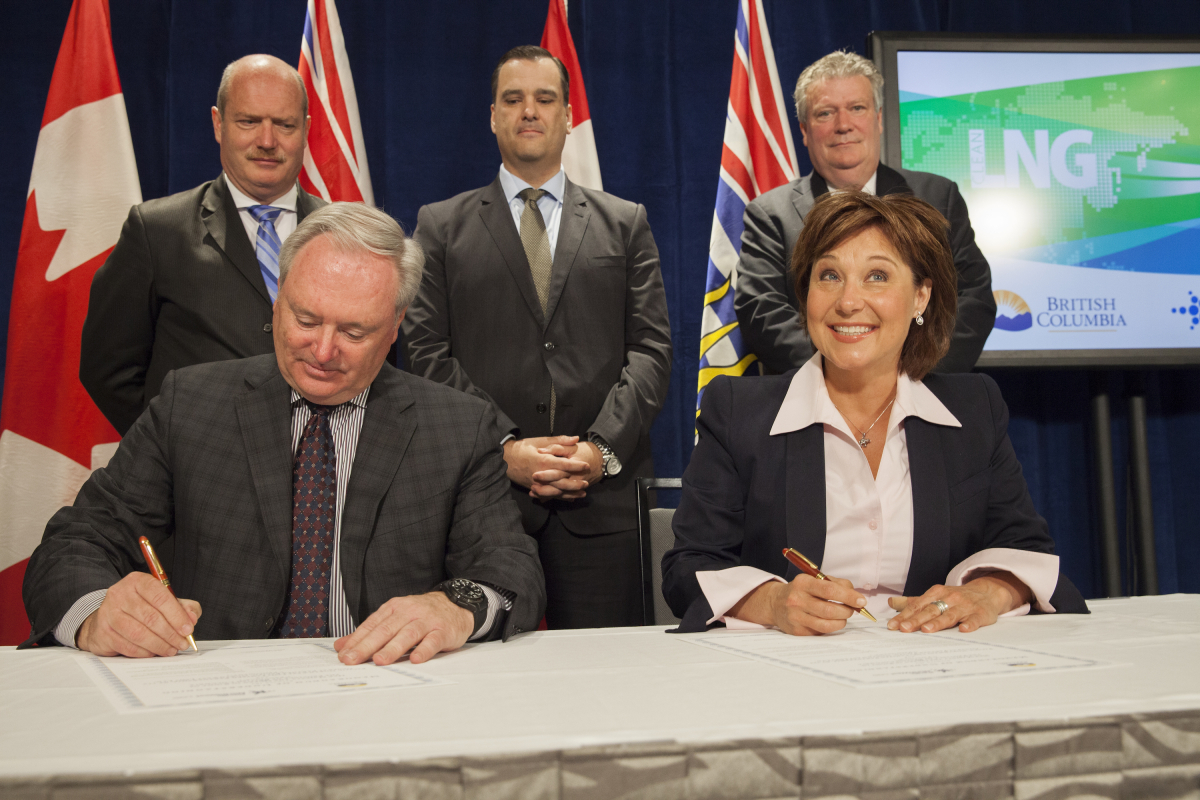A British Columbia man who has been battling with the National Energy Board (NEB) over a proposed gas line is taking another shot in the federal courts at having the project reviewed, and is furious at what he sees as an undermining of due process.
Smithers resident Michael Sawyer is arguing that TransCanada’s proposed Prince Rupert Gas Transmission Line was shifted from federal to provincial jurisdiction without notice or written explanation in 2013. The Canadian Environmental Assessment Agency website states simply that it decided to "terminate" its screening and that no more information was needed from the the proponent.

Sawyer, who operates a company building energy efficient homes called Net-zero Structures, has made two previous applications to the NEB in a bid to have them declare the pipeline a federal project.
Both applications, however, were denied.
“It was complete and utter bullshit,” Sawyer said Friday afternoon.
"I personally believe the National Energy Board is a captive regulator and that they have been and continue to serve the interests of the companies they regulate rather than the public interest,” Sawyer said.
Sawyer is concerned that the provincial environmental assessment process isn’t as rigorous as the federal one, and that the province will green-light the project without adequate review.
He said given “strong bias that’s been displayed by the B.C. government [for LNG projects], I have zero confidence that their environmental assessment accurately took into consideration all of the costs.”
Since 2013, B.C. Premier Christy Clark has promised three LNG facilities operational by 2020, 39,000 construction jobs, 75,000 ongoing jobs, $100 billion in revenue and $1 trillion in "cumulative GDP benefit" over 30 years. The proposed 900-kilometre pipeline will carry natural gas from a point near Hudson’s Hope in northern B.C. to the proposed Pacific Northwest LNG facility on Lelu Island near Prince Rupert.
Both the pipeline and the facility have been hotly contested by some northern B.C. First Nations groups. In December, the Luutkudziiwus, a Gitxsan Nation House Gruop, said it was going to court to overturn the gas line’s environmental assessment certificate through a court challenge.
With backing from the West Coast Environmental Law Association, Sawyer has requested leave to appeal in federal court the NEB’s most recent rejection of his arguments.
A leave to appeal determines whether an issue is in the public interest. If Sawyer is granted the leave, that will open up the way for a full appeal of the decision. It’s not known when the courts might hear the case.
Tara O’Donovan, a NEB spokesperson, said the agency rejected Sawyer’s argument because he was not able to convince them that the gas line should be a federal project.
“They were not persuaded,” O’Donovan said. “The board’s made its decision and he’s appealing his decision through federal court and we’ll wait to see what happens now.”
O’Donovon disputed Sawyer’s description of the NEB as a captive regulator for the oil and gas sector. She said the agency has a legislated mandate by Parliament. “We fulfill that mandate in serving the public interest through our evaluation of project applications.”

Shortly after the 2015 federal election, newly elected West Vancouver MP Pamela Goldsmith Jones,said the Liberal Party needs to establish a fair and transparent environmental review process, which “includes restoring the integrity of the National Energy Board.”
Sawyer’s North Vancouver lawyer, William Andrews, said Sawyer's case raises an important legal issue over whether the transportation of gas to the LNG facility and shipment overseas is part of the provincial-international realm of federal jurisdiction.
Sawyer said: “I believe in the absence of a publicly vetted national energy policy it makes no sense for us to be exporting hydrocarbons without some sort of thought about how this fits into the public interest.
“Based upon that alone, I don’t believe it’s prudent to be exporting LNG simply because, in my view, it wouldn’t be in the public interest until we’ve had that discussion about where this fits into the whole picture.”
National Observer reached TransCanada, but the company declined comment.




Comments